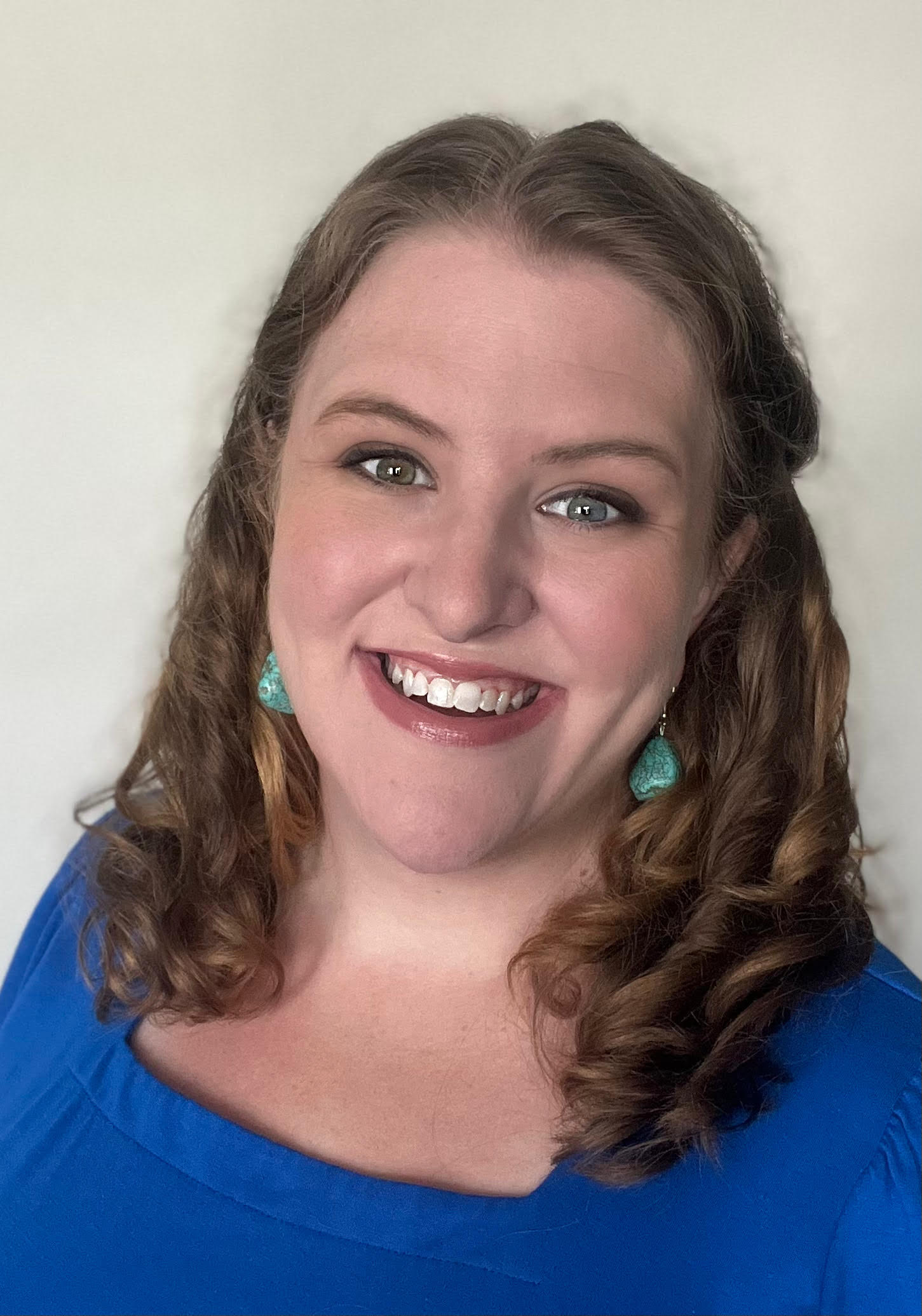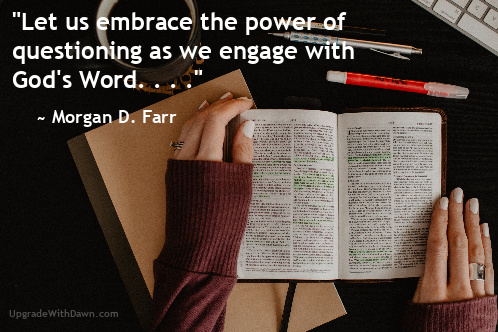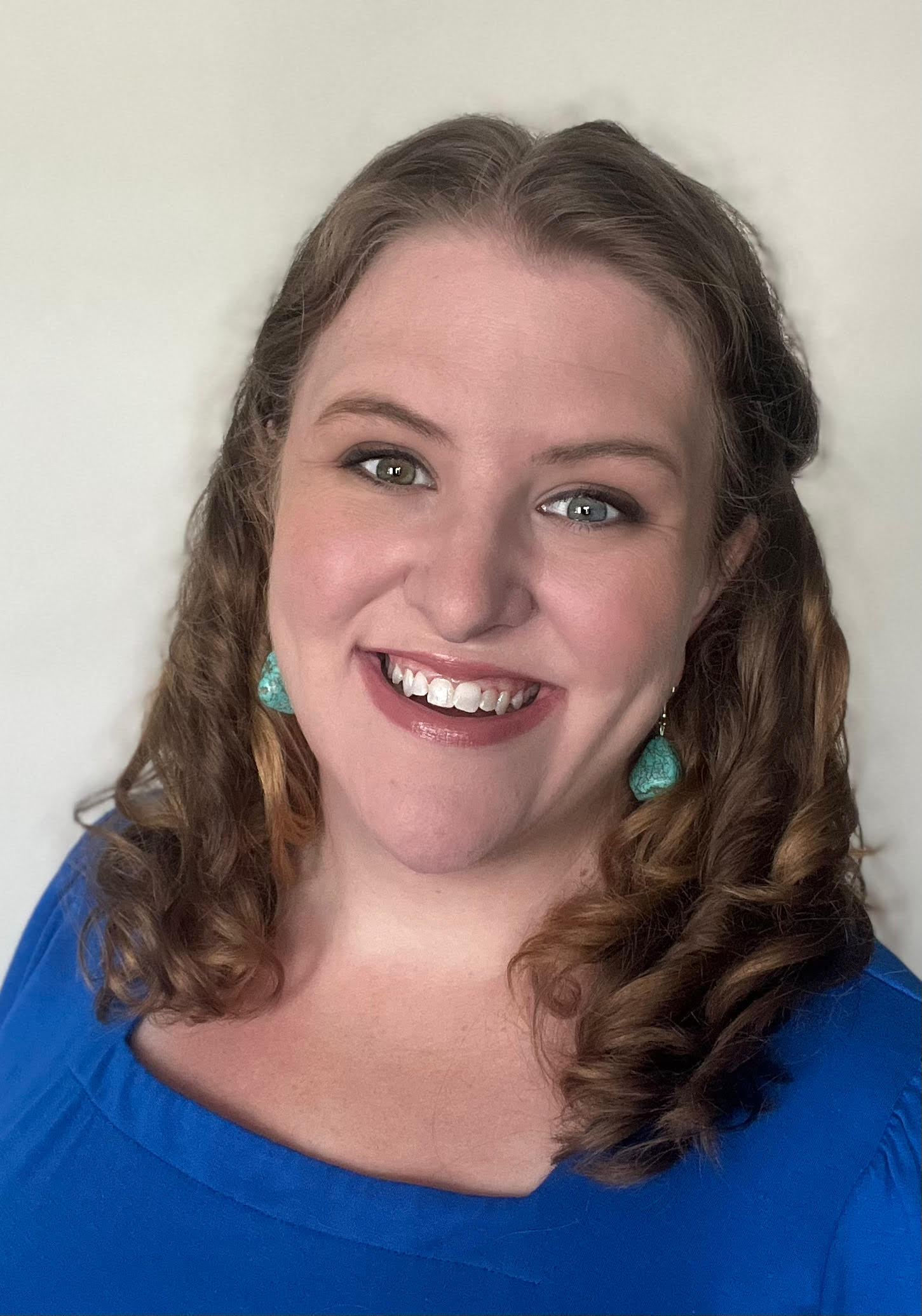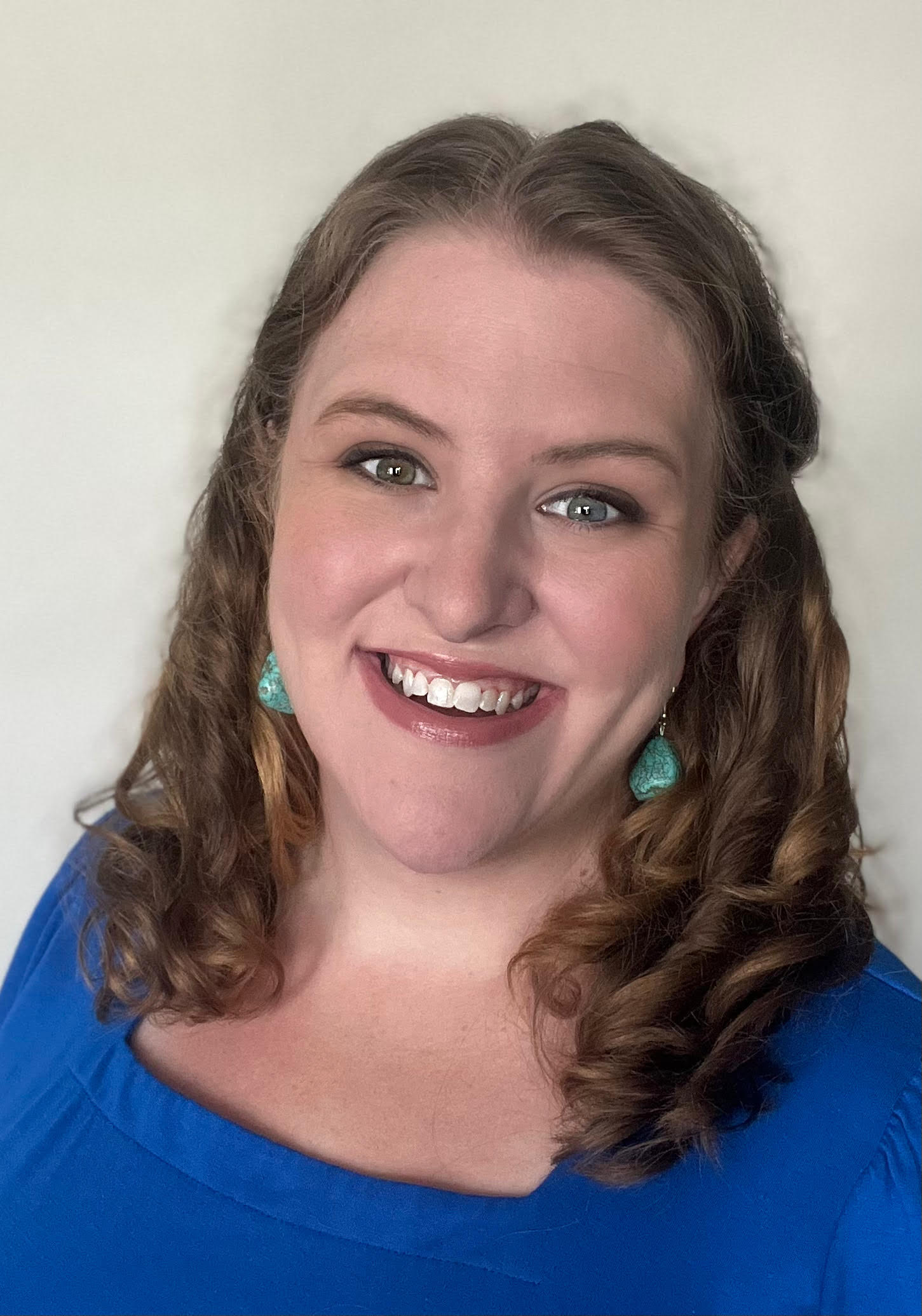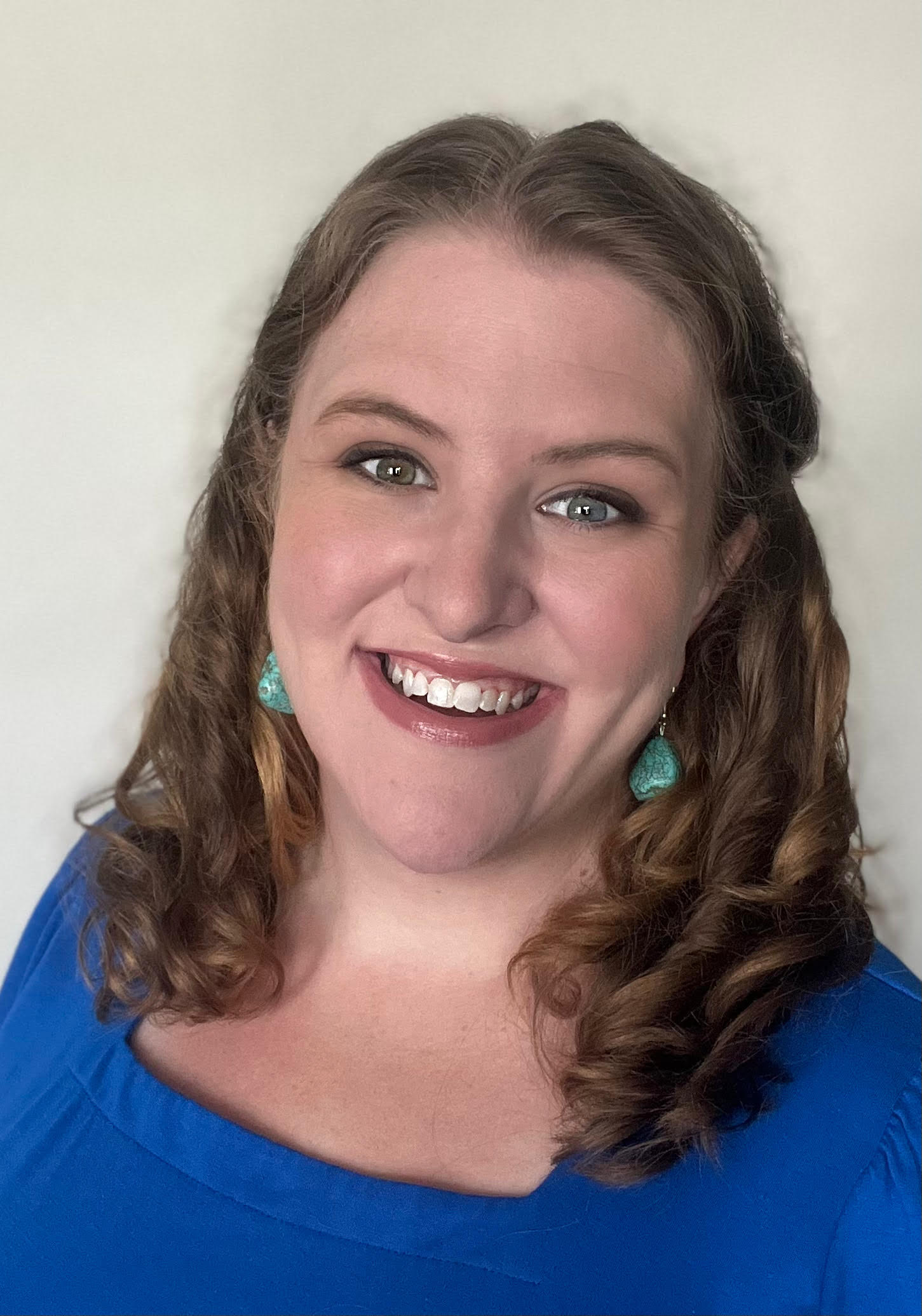Sisterhood in Action: Uplifting through the 2024 Election
Morgan Farr, a "military wife," cares deeply about America. She is also a Christ-follower who teaches women how to think biblically. In this Elections UPGRADE—now that the important 2023 elections are over—Morgan looks ahead to what may prove to be a profoundly crucial year gearing up to the 2024 elections.
“What if," she asks, "we used SISTERHOOD to help our community through the 2024 Presidential election?”

I (Dawn) think Morgan’s suggestions for making a difference in local communities are a wonderful idea!
Morgan continues . . .
We are called to be salt and light in the world, and one of the most impactful ways we can do this is by actively participating in the political process. The 2024 presidential election presents a unique opportunity to unite, support one another, and make a difference in our nation.
How we can uplift one another through this election, grounded in the wisdom of Romans 12:10?
Paul says,
Love one another with brotherly affection. Outdo one another in showing honor (ESV).
S-I-S-T-E-R-H-O-O-D in Action!
S — SUPPLICATE for Personal Guidance
Before diving into the practical aspects of getting involved in the election, start with prayer.
- Seek God's guidance for unity among Christian women, regardless of political differences.
- Pray for wisdom and discernment as you navigate the complexities of the election process.
Remember that Romans 12:10 encourages us to love one another with brotherly affection, even when our political views differ.
I — INFORM Yourselves.
Empower yourselves and your sisters in Christ with knowledge about the candidates and issues at stake.
- Host informational sessions or invite guest speakers to provide insights into the candidates' positions and the potential impact of their policies.
- Encourage fact-checking and discernment to make informed decisions.
S —SUPPORT Voter Registration.
Help one another register to vote. It's a practical way to uplift Christian women.
- Organize voter registration drives within your church or community.
- Ensure that everyone eligible has the opportunity to participate in the electoral process.
This aligns with the biblical principle of stewardship, as we are called to be responsible citizens in Romans 13:1.
T — TALK with Each Other.
One way to uplift one another during the election is to engage in civil discourse.
- While differences of opinion are natural, approach conversations with respect and humility.
- Listen actively to the perspectives of your sisters in Christ and share your views thoughtfully.
- Use your discussions as an opportunity to learn and grow.
Keep in mind Proverbs 15:1:
A gentle answer turns away wrath, but a harsh word stirs up anger (NIV).
E — ENCOURAGE Voting on Voting Day.
Motivate your Christian sisters to exercise their right to vote.
- Share the significance of voting in a democracy and its impact on our nation's direction.
- Remember that voting is not just a civic duty but also an opportunity to be good stewards of the influence God has given us.
R — REACH OUT to Your Community.
- Consider volunteering your time and skills for a campaign or an initiative that aligns with your values.
- Whether it's canvassing, phone banking, or offering marketing or event planning expertise, your contribution can make a significant difference.
Galatians 6:9 reminds us of the importance of not growing “weary in doing good.”
H — HOST with Puposeful Hospitality.
Christian hospitality can heighten participation during the election year.
- Create a safe and supportive community for Christian women during the election season.
- Offer encouragement and a listening ear to those who may find the process overwhelming or stressful.
- Get creative!
Acts 4:32a reminds us of the power of unity:
All the believers were one in heart and mind (NIV).
O — ORGANIZE Prayer Gatherings.
Prayer is a powerful tool in any election.
- Organize prayer gatherings within your church or community.
- Pray for: the election process, the candidates, and the nation.
- Believe that unity in prayer—praying together and counting on God's presence—can bring about positive change!
This is emphasized in Matthew 18:20:
For where two or three gather in my name, there am I with them (NIV).
O — OPERATE with Understanding.
Amid passionate discussions and differing viewpoints, remember the importance of grace and forgiveness.
- Extend godly grace to your sisters, especially when disagreements arise.
- Practice biblical forgiveness when disagreements go too far.
Ephesians 4:32 encourages us to:
“be kind and compassionate to one another, forgiving each other, just as in Christ God forgave you” (NIV).
D — DEMONSTRATE Christlikeness.
Ultimately, as Christian women, we should do all to the glory of God — with Christlike choices and responses.
- Our vote should align with our values and principles—rooted in faith.
- In Christlike humility, seek guidance from Scripture, prayer, and the counsel of fellow believers as you make your voting decisions.
- Trust that your choices reflect your commitment to love, justice, and righteousness.
The 2024 presidential election allows Christian women to uplift one another through unity, knowledge, and active participation. Grounded in love, respect, and stewardship principles, we can positively impact our nation and be a shining example of Christ's love in a politically-charged world.
Again, as we navigate the election season, may we remember:
Love one another with brotherly affection. Outdo one another in showing honor.
Let's let Romans 12:10 guide our actions and interactions.
Which of these “S-I-S-T-E-R-H-O-O-D” suggestions could you prepare to participate in during the upcoming election season? Can you think of a special sister in Christ who might join you to make a difference in your community?
 Morgan Farr is a succulent-cultivating book nerd and aspiring author. She spends her days homeschooling her four young children and training her working dogs. As an Army wife, Morgan has learned to lean heavily on Jesus as she walks out military life. She is the Director of Publishing at Planting Roots, a ministry for military women and wives. You can connect with Morgan on all major social media channels using her handle: morgandfarr.
Morgan Farr is a succulent-cultivating book nerd and aspiring author. She spends her days homeschooling her four young children and training her working dogs. As an Army wife, Morgan has learned to lean heavily on Jesus as she walks out military life. She is the Director of Publishing at Planting Roots, a ministry for military women and wives. You can connect with Morgan on all major social media channels using her handle: morgandfarr.
 Post a Comment → Posted on
Post a Comment → Posted on  Thursday, November 9, 2023 at 1:00PM
Thursday, November 9, 2023 at 1:00PM  2024 Election,
2024 Election,  Election 2024,
Election 2024,  Elections,
Elections,  Morgan Farr,
Morgan Farr,  Patriotism and Politics,
Patriotism and Politics,  Upgrade with Dawn,
Upgrade with Dawn,  Voting Upgrade Your Life
Voting Upgrade Your Life  Elections,
Elections,  Patriotism,
Patriotism,  Voting
Voting 





